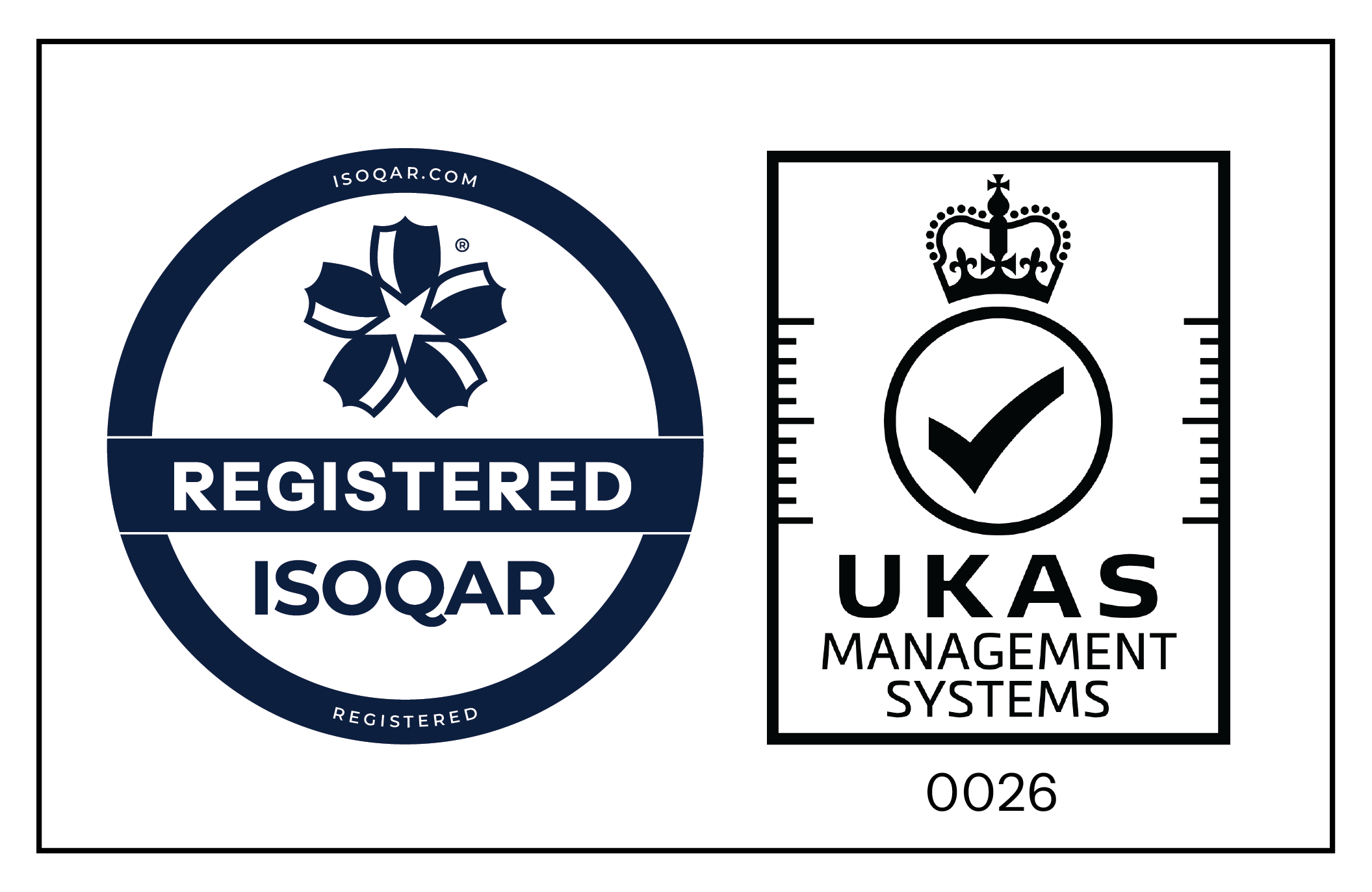Introduction
NetSuite stands as the leading cloud-based ERP software catering to small and midsize businesses in every sector. Trusted by more than 28,000 clients globally, NetSuite provides a cloud-native ERP platform characterized by inherent adaptability, commerce-focused applications, and robust data analytics capabilities.
In today’s fast-paced business landscape, seamless integration between enterprise systems is crucial for driving efficiency and maintaining a competitive edge. In this blog post, we’ll delve into the intricacies of integrating two powerhouse platforms: Oracle NetSuite and Salesforce.
Understanding the landscape
Before we dive into the technical details, let’s take a moment to understand the landscape. Oracle NetSuite is renowned for its robust ERP (Enterprise Resource Planning) capabilities, offering comprehensive solutions for financial management, supply chain, sales, marketing, service, manufacturing, etc.
On the other hand, Salesforce dominates the CRM (Customer Relationship Management) space, empowering businesses to manage customer interactions, sales pipelines, and marketing campaigns effectively.
Integrating Oracle NetSuite and Salesforce goes beyond mere convenience – it’s about optimizing workflows, enhancing data accuracy, and driving meaningful insights. By integrating these platforms, businesses can achieve a unified view of their operations and customer interactions, leading to improved decision-making and better business outcomes.
Benefits of NetSuite and Salesforce Integration
Integrating Oracle NetSuite and Salesforce offers numerous benefits for businesses:
- Faster Lead-to-Cash: By seamlessly integrating NetSuite and Salesforce, the process from leads to cash accelerates, ensuring swift tracking of the sales and purchase lifecycle. This data sync ensures alignment between the sales and marketing teams with procurement and inventory, resulting in improved revenues and higher profitability.
- Better inventory control: Integrating Netsuite Oracle’s inventory management capabilities with Salesforce enables – businesses to uphold precise inventory levels, monitor stock movements, and seamlessly oversee product catalogs. This integration enhances inventory management processes, mitigates stockouts, and enhances the efficiency of order fulfillment.
- Finances managed like never before: Effortlessly move sales orders and invoices from Salesforce to Netsuite Oracle to ensure precise financial reporting and simplify billing procedures. Automate the generation of sales orders in Netsuite Oracle using Salesforce opportunities, and synchronize invoices back to Salesforce for convenient monitoring.
- Enhanced Efficiency and increased productivity: Integration streamlines business processes by synchronizing data between NetSuite and Salesforce, reducing manual data entry and minimizing errors. Automation of routine tasks and processes through integration frees up employees’ time, allowing them to focus on more strategic activities that drive business growth.
- Enhanced Customer Experience: By providing a unified view of customer interactions and preferences, integration enables businesses to deliver more personalized and responsive customer experiences, leading to increased satisfaction and loyalty. Integrating customer data from both platforms provides a comprehensive view of customer interactions, enabling better-informed decision-making and personalized customer experiences.
- Improved Sales and Marketing Alignment:
Integration facilitates seamless communication between sales and marketing teams by ensuring they have access to the same up-to-date customer data, leading to better collaboration and alignment. - Real-time Insights:
The integration enables real-time data synchronization between NetSuite and Salesforce, empowering users to access accurate, up-to-date information for reporting, analytics, and decision-making. - Scalability and Flexibility:
As businesses grow and evolve, integrated NetSuite and Salesforce systems can easily scale to accommodate changing needs and support future expansion plans. - Cost Savings:
Integration reduces the need for duplicate data entry and manual reconciliation efforts, resulting in cost savings associated with labor and operational efficiency.
Overall, integrating Oracle NetSuite and Salesforce offers businesses a powerful platform for driving growth, improving operational efficiency, and delivering exceptional customer experiences.
Technical Considerations
Now, let’s get into the technical nitty-gritty. Integration between Oracle NetSuite and Salesforce can be achieved through various methods, including APIs (Application Programming Interfaces), middleware solutions, and custom development. Here are some key technical considerations to keep in mind:
Data Mapping and Synchronization: Establishing a robust data mapping strategy is essential for ensuring that information flows seamlessly between Oracle NetSuite and Salesforce. Define mappings for entities such as customers, orders, invoices, and products to maintain consistency and integrity across systems.
Authentication and Security: Implement secure authentication mechanisms, such as OAuth or SAML, to ensure secure communication between Oracle NetSuite and Salesforce. Encrypt sensitive data during transmission and storage to protect against unauthorized access and data breaches.
Error Handling and Monitoring: Develop robust error-handling mechanisms to address integration failures proactively. Implement logging and monitoring capabilities to track integration processes, identify bottlenecks, and troubleshoot issues in real-time.
Oracle NetSuite and Salesforce integration approaches
1. Data Virtualization:
Gone are the days when pulling all NetSuite data into Salesforce systems was a necessity, entailing significant time and financial investments for ongoing maintenance. The challenge lies in ensuring that CRM systems remain synchronized with the evolving source of truth, the ERP system, NetSuite in this case. However, in today’s era of integration, the focus has shifted towards managing and manipulating data within the CRM system itself, rather than simply storing it. This shift calls for a tailored approach, recognizing that one size does not fit all when it comes to data storage. For instance, while transaction history and payment records may be vital for CRM operations, account master data and inventory information are better managed within the ERP system. Hence, enterprises now carefully select different approaches to integration, with data virtualization emerging as a preferred option. With data virtualization, there’s no need to blindly copy every piece of data into Salesforce, minimizing synchronization challenges associated with redundant data copies. Instead, the emphasis is on accessing and manipulating data as needed, directly from the source of truth.
2. ETL:
You can also consider using ETL (Extract, Transform, Load) in this scenario. When extracting data from NetSuite, which may span multiple tables or sources, the challenge lies in combining and storing it in Salesforce without encountering data inconsistency issues. To address this challenge, ETL can be immensely helpful by facilitating the creation of a standardized transformation or mapping process for both parties involved. Essentially, ETL streamlines the process of transferring and integrating data, ensuring a smoother transition and minimizing potential pitfalls.
3. Real-time vs. Batch Integration:
Determine whether real-time or batch integration is more suitable for your business requirements. Real-time integration provides immediate updates but may require more resources, while batch integration processes data in scheduled intervals, offering scalability and efficiency.







